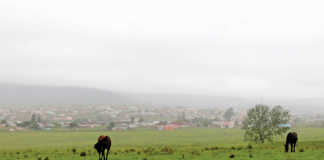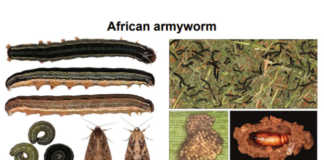WRSA president Dr Gert Dry and members of the WRSA board met with Dedet MEC Pinky Kekana and other provincial officials to discuss the details of a mutually beneficial arrangement between WRSA and Dedet that will help to boost emerging farmers and the game industry in Limpopo. WRSA, representing approximately 10 000 private game ranchers, of which more than 50% are based in Limpopo, gave its support to the province in assisting emerging farmers to become successful and sustainable game ranchers.
This will be facilitated by providing animals, including plains game such as impala and wildebeest for meat production, as well as rare species such as sable, roan and buffalo for breeding. The WRSA will also help with developing business plans and mentoring emerging game ranchers. According to the agreement, Dedet will co-operate with the WRSA by assisting to identify land for emerging game farmers and beneficiaries and providing animals for newly established ranchers.
The department would also be involved in providing rare species to existing and experienced game ranchers for breeding programmes to supply emerging ranchers. In the longer term, the agreement is also aimed at improving food security by making alternative sources of red meat available for commercial distribution.
“This is a huge step forward for all game ranchers and for Limpopo, and paves the way for negotiations with other provinces with similar mutually beneficial end-goals that would make a massive economic and conservation impact in South Africa,” said Dr Peter Oberem, vice-president of WRSA,
Kekana was a keynote speaker during the first annual congress of WRSA in Modimolle from 10 to 12 April 2013, where she gave credit to the contribution that landowners, and especially game ranchers, had made in conserving biodiversity through adaptive management and sustainable utilisation. She said that the contribution made by game ranchers to conservation was indispensable because most had been able to conserve complete ecosystems.












